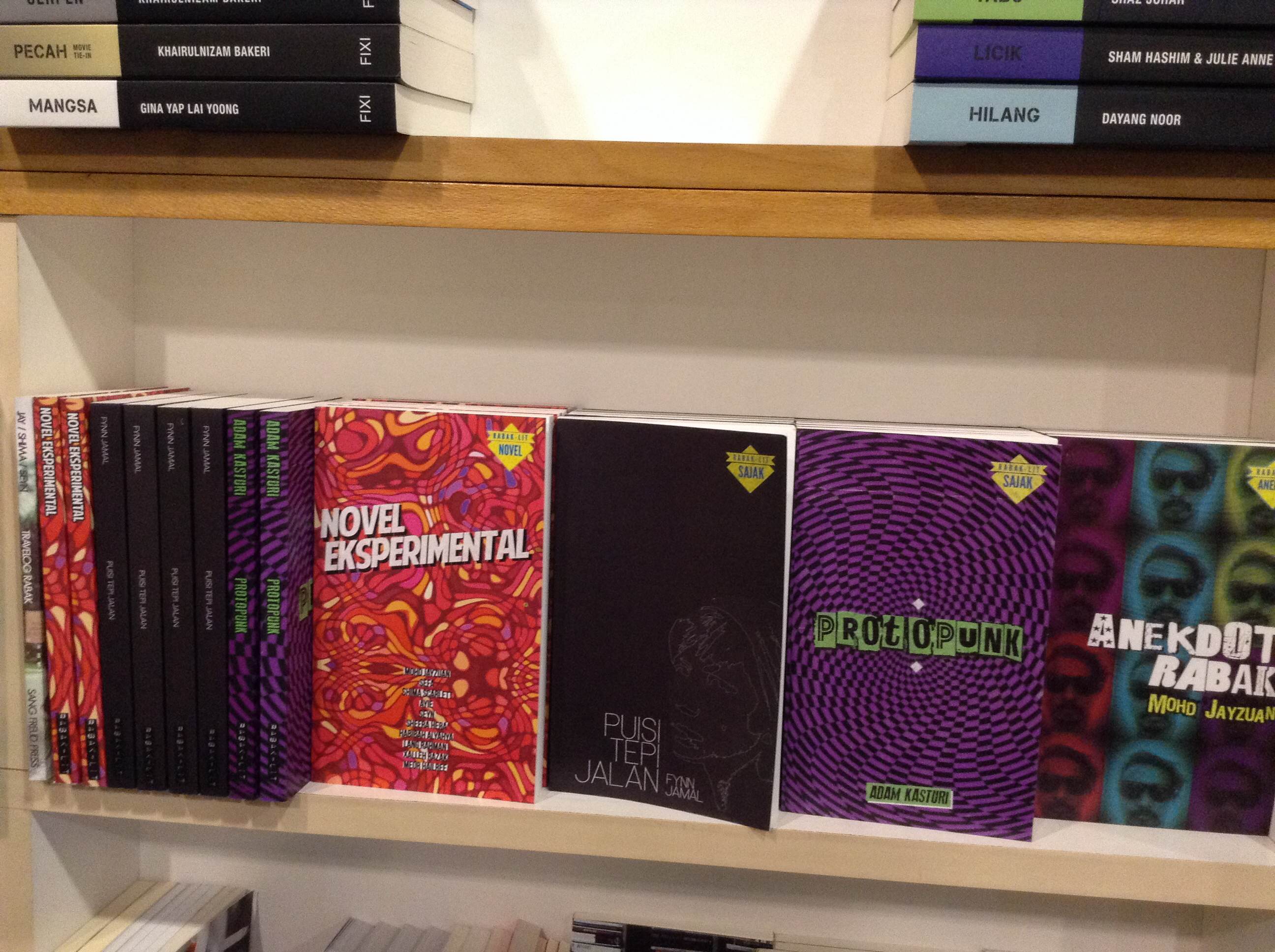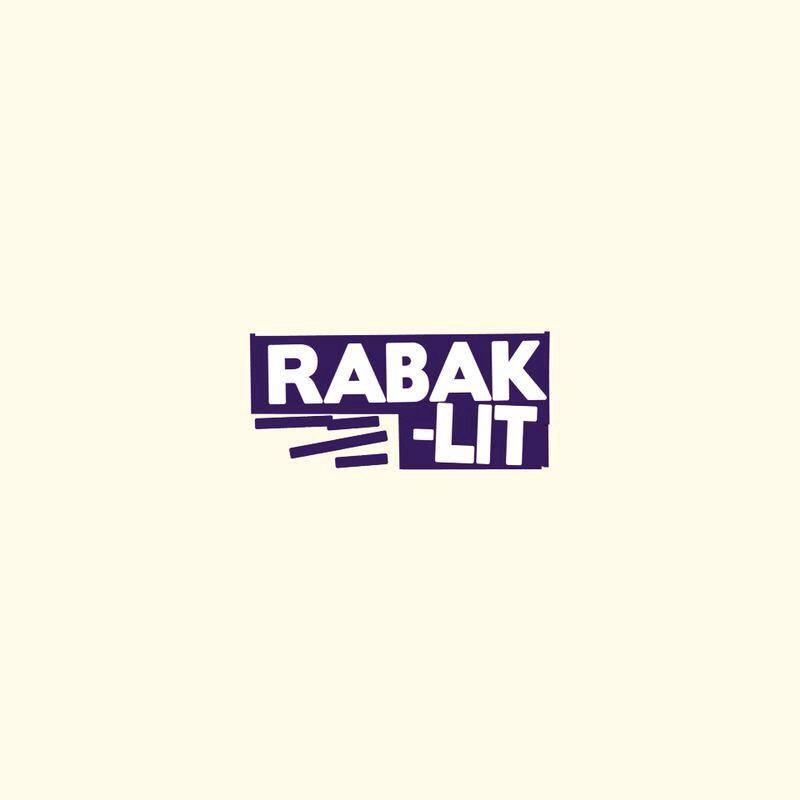Rabak-Lit, Alt. Literature in Bahasa
 Thirsty for JUICE content? Quench your cravings on our Instagram, TikTok and WhatsApp
Thirsty for JUICE content? Quench your cravings on our Instagram, TikTok and WhatsApp

It is an unfortunate circumstance that Bahasa Malaysia is such a rigid language in her own country. Primary and secondary educations here, along with Dewan Bahasa and Pustaka, are stubborn entities that refuse to let Bahasa evolve with the times. Years of this has not only hebetated the flexibility of the language, but also the involvement of youths in Malay literature, most of whom often time thought the scene was only filled with bad romance novels. The forward-thinkers, freaks, and geeks who refused to conform to language standards set decades ago by dead poets and literati are refused acknowledgement. However, there are entities out there who aim to stimulate the minds of future generations to think outside of the status quo. One of these beacons is alternative publisher Rabak-Lit, whose releases have featured Bahasa in its freest form. We talked to Sefa, the manager of the publishing house
“We were all just a bunch of guys trying to spread art, and love, by doing our own stuff and celebrating our own scene. Hence, finding funds to kickstart the business was really hard. We didn’t want to borrow money or apply for a loan to start the business as this would have created debt, and we didn’t want that to happen. We mustered what we had, from selling sandwiches to organising events in Ipoh, as well as bringing our own artists to other events, selling merchandise, and slowly we collected the funds needed for us to expand further,” Sefa told us. Having first opened as a means to sustain the other artistic pursuits carried out by Projek Rabak, Rabak-Lit was soon followed by Khizanat, an alternative art space-cum-café owned by the aforementioned Projek.
All this has come around the same time as other unorthodox publishers that have sought to stamp their mark on the scene. Despite the increase in publishers with a similar drive for alternative Malay lit, such as Fixi and Lejen Press, there doesn’t seem to be much hostility among competitors. Perhaps because there is still much room to grow for the industry, and success for anyone is a triumph celebrated by all. “From my point of view, these developments have made young people dare to explore by producing their own DIY zines, which include their own creative writings, poetry, and more – from short stories to visual art,” elaborated Sefa.
Sefa, who moonlights as a mime artist, feels that amidst the urban despondency plaguing us in different forms today, it’s important to keep spreading positivity; it automatically sets itself apart from the majority of what the news and print industry is bringing in today. “Although most of our published works are heavy stuff, mainly focusing on human relationships, we do believe and uphold positivity. People need to let the negativity out of their system and embrace positivity. We’ve got so much hatred these days, that it becoming a routine,” he said empathetically; “… it’s tiring watching it.”
For the Rabak collective, art is the last vestige of the people’s expression that hasn’t been completely corrupted and controlled. Sefa opined, “Without the relief from all of the stress that we need to face each day, we the people would go crazy and there will be an imbalance in the structure of the society, which is of course, not healthy for the whole system.”
“We celebrate good ideas.”
Of course, the most important thing for the Rabak collective is the notion of an idea, which is the start of all counterculture movements. It could be something that might come off as a novelty, like their Novel Eksperimental published in 2013. A novel with a single premise written by 10 writers – both seasoned and new – each one continues where the previous left off. Albeit unintentionally, the book exemplified the collective’s ethos; “We didn’t plan it… we just want people to keep on writing and inspire younger generations, because they need it in order for them to bloom and to continue, to pick up what the earlier generations have left them with.”
And from there, JUICE hopes that more interests will be piqued, and that more people will be exposed to newer things, and become open to fresh concepts and suggestions. With time, we may yet see a change in Bahasa.
www.facebook.com/rabaklit
www.twitter.com/rabaklit


 Get Audio+
Get Audio+ Hot FM
Hot FM Kool 101
Kool 101 Eight FM
Eight FM Fly FM
Fly FM Molek FM
Molek FM